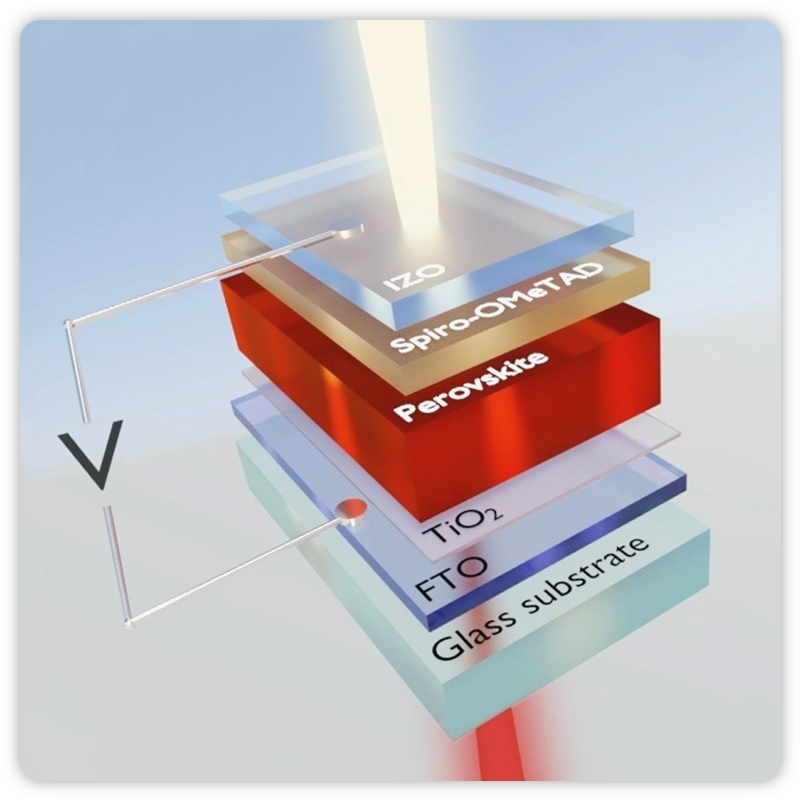Scientists reveal a panoramic view of the molecular characteristics of liver cancer
-
Last Update: 2020-12-28
-
Source: Internet
-
Author: User
Search more information of high quality chemicals, good prices and reliable suppliers, visit
www.echemi.com
Chinese Academy of Sciences, Fudan University (Zhongshan Hospital) Liver Cancer Research Institute Professor Yu Jia, etc. with the help of a large-scale protein genome platform, for the first time to achieve a systematic analysis of hepatitis B-related liver cancer, for a more in-depth exploration of the development mechanism of liver cancer and guide the individual precision diagnosis and treatment of liver cancer has brought new hope. The results were published online in Cell.
Through collaboration with Zhou Hu, a researcher at the Shanghai Institute of Pharmaceutical Research of the Chinese Academy of Sciences, and Gao Daming, a researcher at the Institute of Biochemistry and Cell Biology of the Chinese Academy of Sciences, 159 surgically removed liver cancer samples were used to comprehensively detect and analyze gene mutation spectrum, copy number variation, expression spectrum, protein. The group and phosphate proteomics, through correlation analysis and biological experiments, comprehensively analyze the molecular characteristics and mechanism of liver cancer development, reveal the difference between the liver cancer mutation spectrum in China and the western liver cancer mutation spectrum, and suggest the necessity of clinical transformation research based on Chinese liver cancer data.
, according to Yu Jia, a considerable number of hepatitis B patients in China have been treated with Chinese medicine, the improper use of Traditional Chinese medicine and the occurrence and development of liver cancer has a certain correlation. The researchers found that 35 percent of liver cancer samples contained "fingerprints" of gene mutations induced by horse's bell acid, while proteomic data also detected a mutant protein encoded by the horse's bell acid gene mutation "fingerprints." The mutation "fingerprint" of horse's bell acid is significantly related to tumor mutation load, tumor new antigen and microenvironic immune tolerance, which indicates the potential clinical value of immunotherapy to liver cancer patients. They also found that the correlation between mRNA expression and protein expression in liver cancer was only 0.54, and that about 20 percent of proteins had a significant hedging effect on gene copy number variations.
The study also systematically suggests the important role of metabolic abnormalities in the development of liver cancer, and finds that metabolic protein changes are the biggest difference between liver cancer and non-liver cancer tissue, and are closely related to the special clinical characteristics of liver cancer, such as the "gate vein cancer hydrant". (Source: Huang Xin, China Science Journal)
relevant paper information:
This article is an English version of an article which is originally in the Chinese language on echemi.com and is provided for information purposes only.
This website makes no representation or warranty of any kind, either expressed or implied, as to the accuracy, completeness ownership or reliability of
the article or any translations thereof. If you have any concerns or complaints relating to the article, please send an email, providing a detailed
description of the concern or complaint, to
service@echemi.com. A staff member will contact you within 5 working days. Once verified, infringing content
will be removed immediately.







